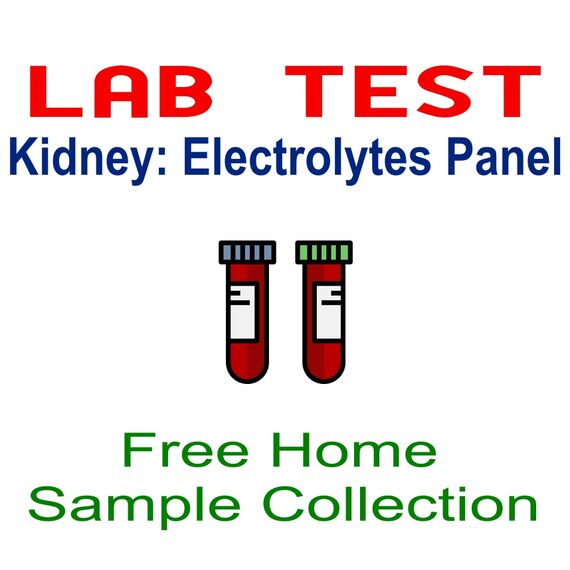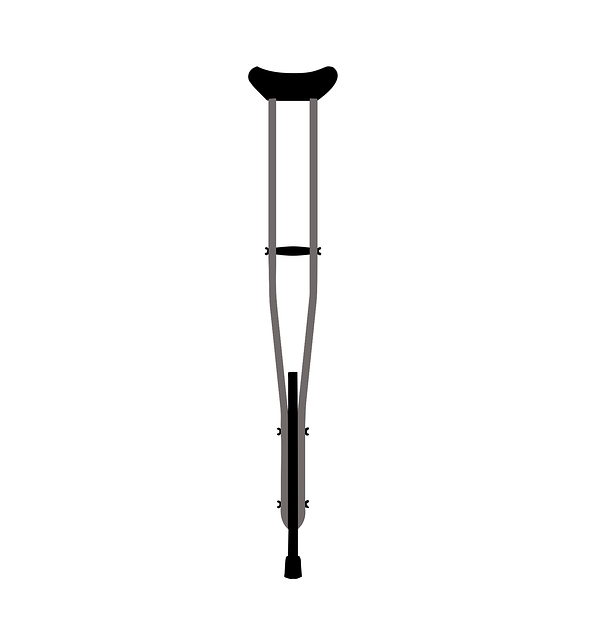This test is aslo known as Lytes Panel, Lytes Test, Anion Gap Panel, Anion Gap Test, Serum Anion Gap,Electrolyte Test, Serum Electrolyte Test, Electrolytes and Anion Gap Test.
It helps in measuring or to kow if there's an electrolyte imbalance in the body. Electrolytes are salts and minerals, such as sodium, potassium, chloride and bicarbonate, which are found in the blood. They can conduct electrical impulses in the body.
Electrolytes are minerals that have an electrical charge when they are dissolved in water or body fluids. You have electrolytes in your blood, urine, tissues, and other body fluids. They are important because they help:
- Balance the amount of water in your body
- Balance your body's acid-base (pH) level
- Move nutrients into your cells
- Move waste out of your cells
- Support your muscle and nerve function
- Keep your heart rate and rhythm steady
- Keep your blood pressure stable
- Keep your bones and teeth healthy
- Electrolytes are in your blood, urine (pee), tissues, and other body fluids. An electrolyte panel is used to check for electrolyte, fluid, or pH imbalances.
An electrolyte panel is a blood test that measures levels of the body's main electrolytes:
- Sodium, which helps control the amount of fluid in your body. It also helps your nerves and muscles work properly.
- Chloride, which also helps control the amount of fluid in your body. In addition, it helps maintain healthy blood volume and blood pressure.
- Potassium, which helps your cells, heart, and muscles work properly.
- Bicarbonate, which helps maintain your body's acid- base balance (pH). It also plays an important role in moving carbon dioxide through the bloodstream.
- Calcium, which helps make and keep your bones and teeth strong.
- Magnesium, which helps your muscles, nerves, and heart work properly. It also helps control blood pressure and blood glucose (blood sugar) levels.
- Phosphate, which works together with the mineral calcium to build strong bones and teeth.
You get these electrolytes from the foods you eat and the fluids you drink.
The levels of electrolytes in your body can become too low or too high. This can happen when the amount of water in your body changes. The amount of water that you take in should equal the amount you lose. If something upsets this balance, you may have too little water (dehydration) or too much water (overhydration).
Abnormal levels of any of these electrolytes can be a sign of a serious health problem, including kidney disease, high blood pressure, and a life-threatening type of arrhythmia (irregular heartbeat).
Your results will include measurements for each electrolyte. Abnormal electrolyte levels can be caused by many different conditions, like:
- Dehydration.
- Kidney disease.
- Heart disease.
- Diabetes.
- Lung infection (such as tuberculosis).
- Malabsorption, a condition in which your body is not getting enough nutrients from the foods you eat.
- Liver disease.
- Acidosis, a condition in which you have too much acid in your blood. It can cause nausea, vomiting, and fatigue.
- Alkalosis, a condition in which you have too much base in your blood. It can cause irritability, muscle twitching, and tingling in the fingers and toes.
An electrolyte imbalance can also happen if you take some medicines, such as:
Your specific results will depend on which electrolyte or electrolytes are affected and whether levels are too low or too high. If your electrolyte levels were not in the normal range, it doesn't necessarily mean you have a medical problem needing treatment. Many factors can affect electrolyte levels. These include taking in too much fluid or losing fluid because of vomiting or diarrhea. Also, certain medicines such as antacids and blood pressure medicines may cause abnormal results.An electrolyte imbalance means that the level of an electrolyte is too low or too high. The names of the imbalances are:
| Electrolyte | Too low | Too high |
|---|---|---|
| Bicarbonate | Acidosis | Alkalosis |
| Calcium | Hypocalcemia | Hypercalcemia |
| Chloride | Hypochloremia | Hyperchloremia |
| Magnesium | Hypomagnesemia | Hypermagnesemia |
| Phosphate | Hypophosphatemia | Hyperphosphatemia |
| Potassium | Hypokalemia | Hyperkalemia |
| Sodium | Hyponatremia | Hypernatremia |
Your healthcare provider may recommend electrolyte panel test when he or she suspects that your body's electrolytes may be out of balance based on the following symptoms:
- Confusion and irritability.
- Diarrhea or constipation.
- Fatigue.
- Headaches.
- Irregular or fast heartbeat (arrhythmia).
- Muscle weakness, cramps, or spasms.
- Nausea and vomiting.
- Numbness or tingling in your arms, legs, fingers, and toes.
- Weakness.

No special preparations required.
None
Same day or next day
A blood sample drawn from a vein in your arm known as "Vanipuncture".
Sample report in a format
No reviews found



